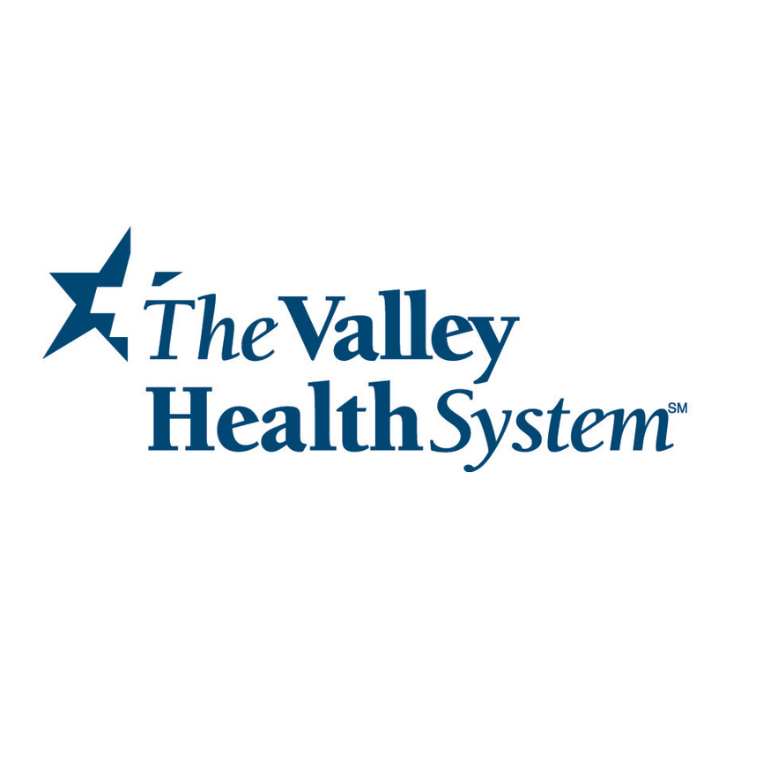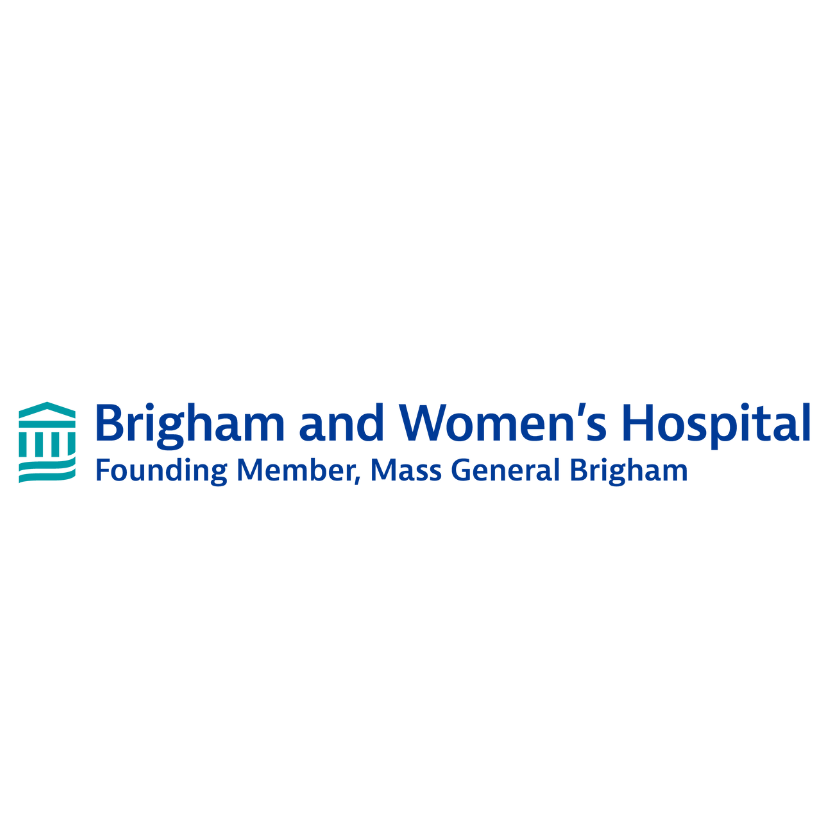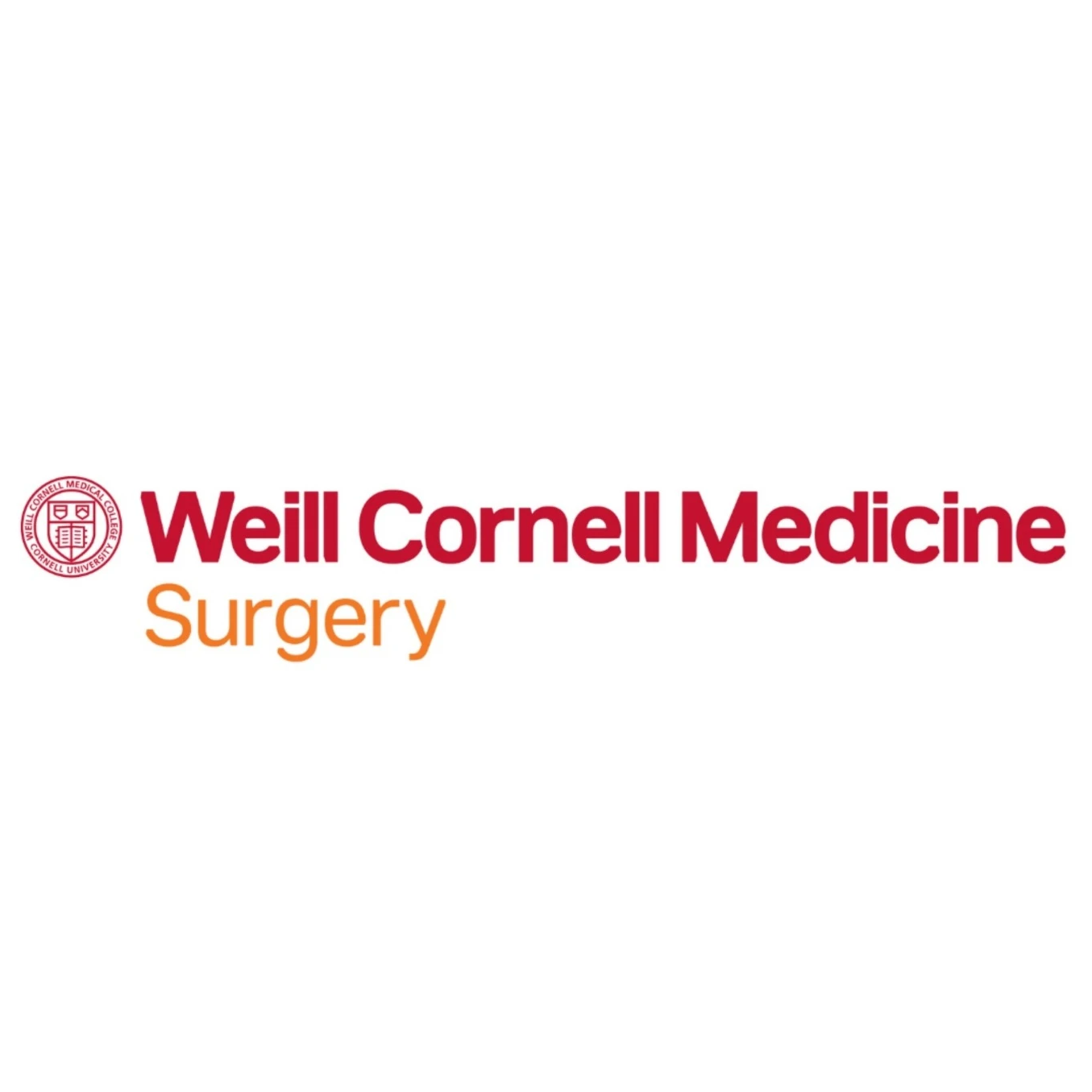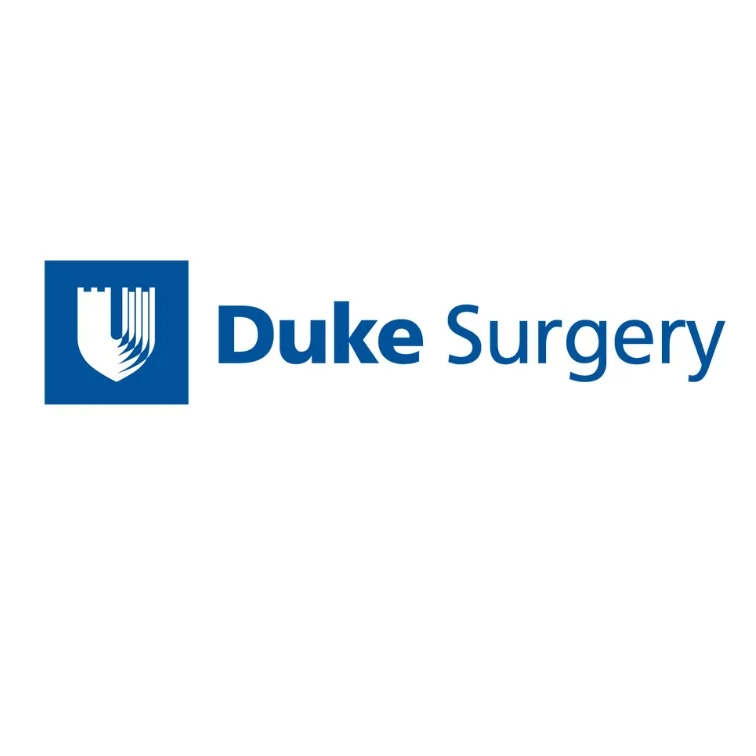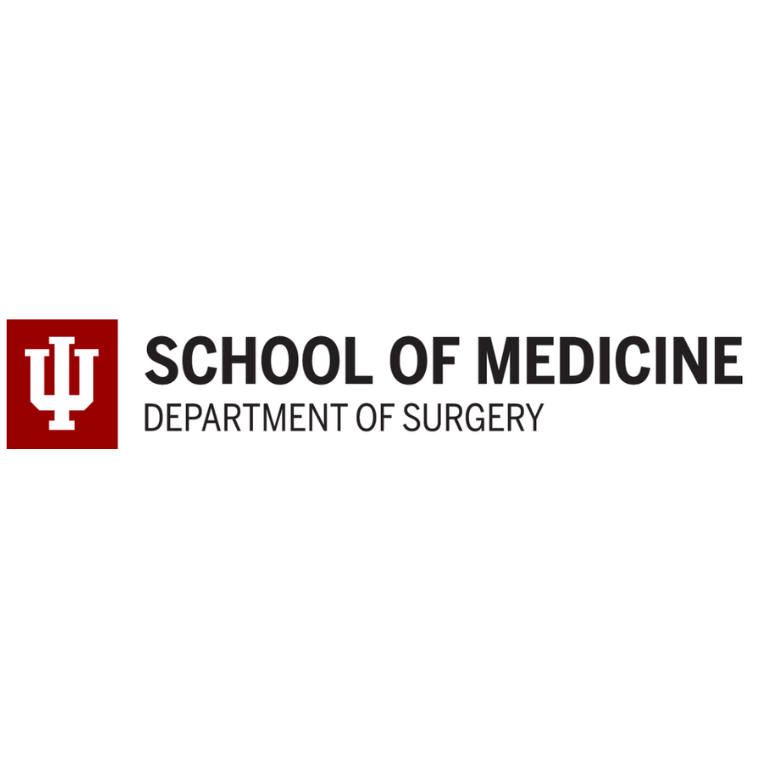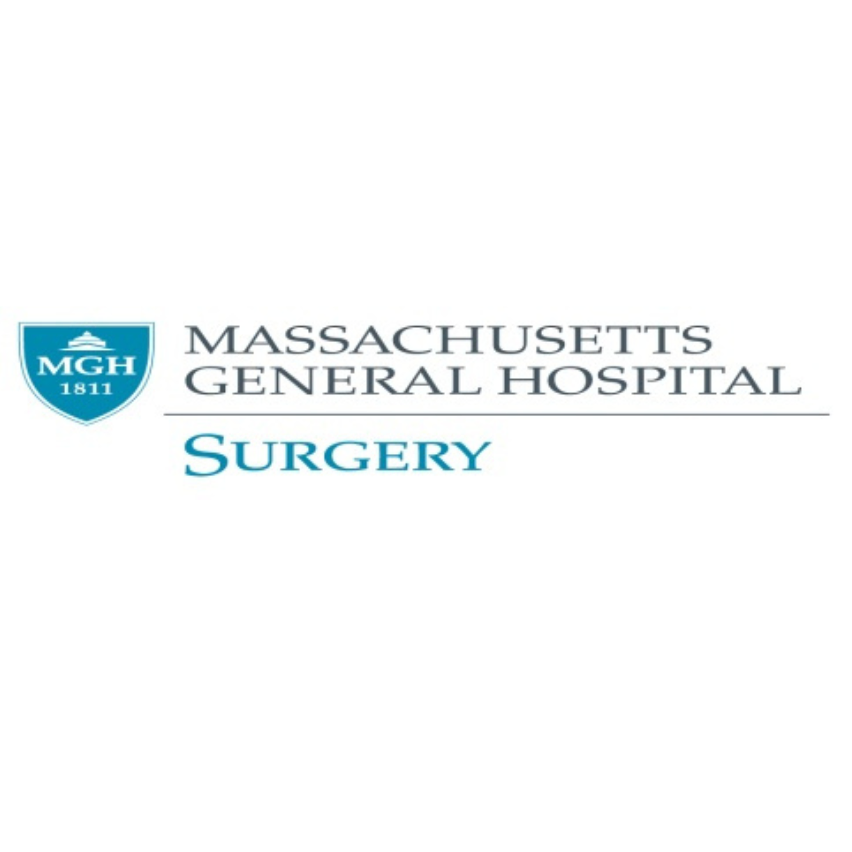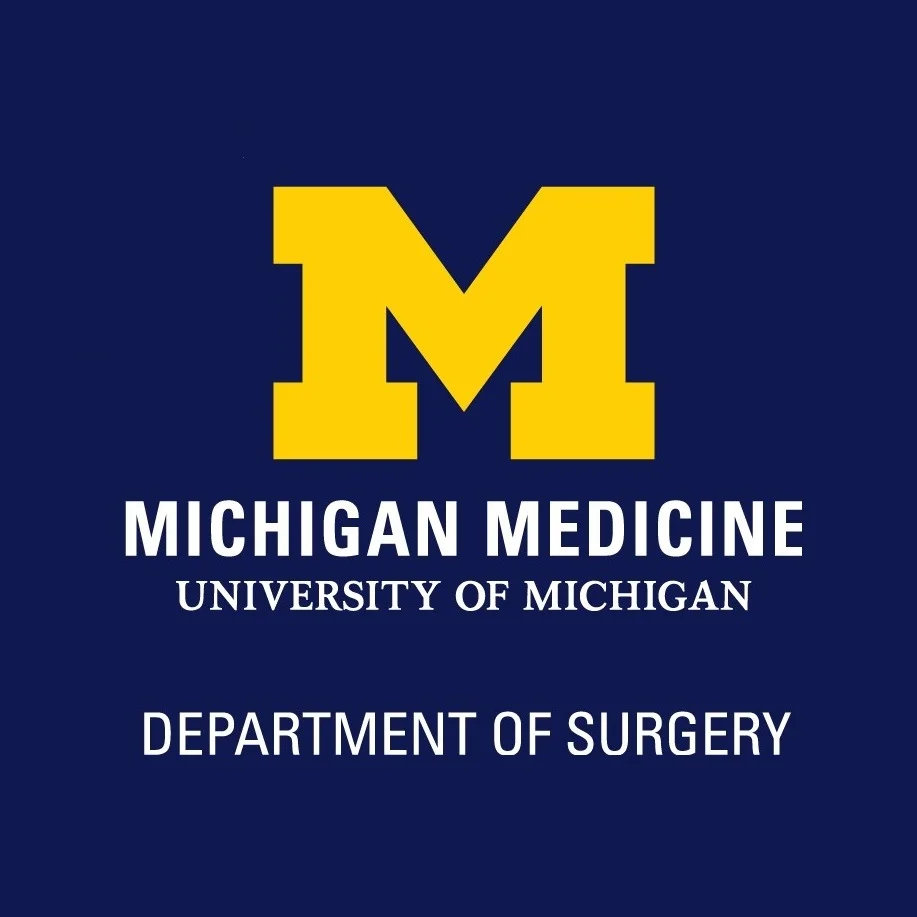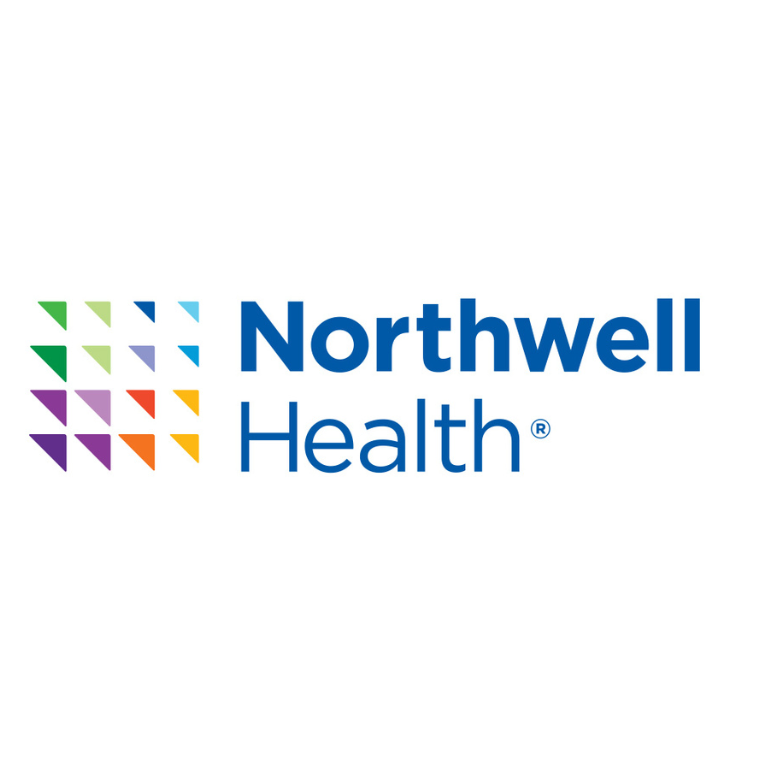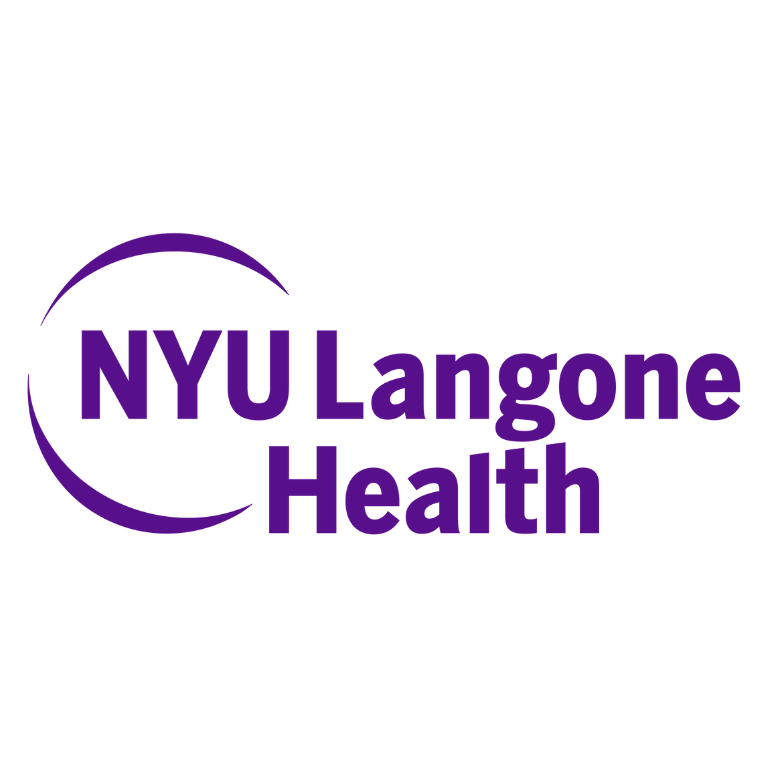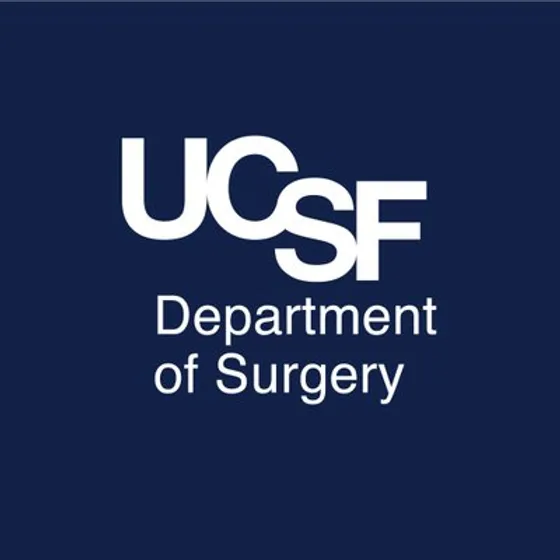Weill Cornell PRISM Spotlight Interview Join us for our October 2023 PRISM Spotlight Interview with Weill CornellWatch on YouTube | See additional content on our YouTube Channel
Watch on YouTube | See additional content on our YouTube Channel
Weill Cornell Prism Spotlight Interview
Nicole Goulet:Welcome to this edition of our PRISM spotlight interview. Today, we are going to be talking to faculty and residents from Weill Cornell Medicine. We’re going to start off with introductions. My name is Nicole Goulet. I am the Founding President of the Association of Out Surgeons and Allies. I am a trauma and critical care surgeon. I will be joining faculty very shortly at Cornell with these wonderful folks that we’ll be talking to today, so I’m very proud to be able to highlight some of the wonderful work that this group has been doing. Why don’t be turn it over to Dr. Michelassi to introduce yourself.
Fabrizio Michelassi: Thank you very much, Nicole. First of all, we’re so looking forward to having you on our faculty in four short weeks. We’re looking forward to that. I’m Fabrizio Michelassi. I’m a gastrointestinal surgeon. I’ve been here at New York Presbyterian Hospital Weill Cornell for 19 years. I’m the Chairman of the Department of Surgery and the Surgeon Chief for New York Presbyterian at Weill Cornell.
Nicole Goulet: Wonderful, Dr. Newman?
Lisa Newman: Hi! I join Dr. Michelassi in welcoming you Dr. Goulet. Really looking forward to being on faculty with you very soon. My name is Lisa Newman, I’m a surgical breast oncologist and Chief of Breast Surgery for the Weill Cornell Medicine New York Presbyterian Hospital network. Relevant to this conversation, I have the distinct honor of having been able to serve as the Faculty Champion for our Department of Surgery Anti-Racism Committee, which was the brainchild of Dr. Michelassi in the fall of 2020 in the wake of some of the awful events that we were all dealing with—disparities in COVID and severity, George Floyd murder—so many things that made it clear that we wanted to, in a formal way, tackle the issue of systemic racism, but it very rapidly evolved into tackling other issues of diversity, and making sure that we have an all-inclusive and welcoming environment, so we appreciate being part of this conversation with you.
Nicole Goulet: Thank you. Solange?
Solange Bayard: Hi there, I’m Solange Bayard. I’m one of the PGY-5 Chief residents at Cornell. I’m going into breast surgical oncology. I was a previous resident champion of the Anti-Racism Committee here at Cornell. It is very much near and dear to my heart, so I look forward to sharing all of the work that we’ve done.
Nicole Goulet: Evan?
Evan Lutton: Hi everyone, my name is Evan Lutton, and I’m another one of the PGY-5 Chief residents at Cornell. I will be going into trauma and acute care surgery at Shock Trauma in Maryland next year. I’m very thankful to be invited to the diversity panel today. I think that the progress we’ve made at Cornell has made it really nice for me to be a resident there, and I look forward to joining the conversations and seeing what we can talk about to do next.
Nicole Goulet: Wonderful. Well thank you all for your time. Let’s just jump right in with some questions. So Weill Cornell was one of our first inaugural PRISM institutions, which is our highest level of institutional membership. Dr. Michelassi and Dr. Newman, I’ll put this question to you—how did you learn about the Association of Out Surgeons and Allies, and why was it important for you to become a PRISM member?
How did you learn about the Association of Out Surgeons and Allies, and why was it important for you to become a PRISM member?
Fabrizio Michelassi: Let me just jump in and obviously Dr. Newman can add much more than I can. But for me, and for the Department of Surgery, diversity has been an important principle all along my tenure. I was involved in the White paper on diversity that the American Surgical Association produced several years ago. As part of that particular working group, I worked very very closely with Dr. Micheala West whom I knew very well from when I was in Illinois and Chicago— at the University of Chicago. When I heard about AOSA through Dr. West, I thought that it was very important for our department to be supportive of that cause in the same way that we’re supportive of the Association of Women Surgeons, the same way that we’re supportive of the Society of Black Academic Surgeons, and the Society of Asian Academic Surgeons. It truly, for me, diversity is important. I think that the department benefits from diversity, from everyone’s contributing a diverse opinion to the challenges of today’s medicine. It is also important that we support all these groups that make diversity the main goal.
Nicole Goulet: Dr. Newman, do you have anything to add?
Lisa Newman: As Dr. Michelazzi as always very eloquently summed up the importance of AOSA related to our being here at Weill Cornell Medicine. Personally, I became more aware of the AOSA and its’ activities in the context of the Society of Surgical Oncology where I had the distinct honor for serving as the Chair of SSO’s DEI Advisory Board, and so it was such a pleasure to learn of AOSA and be able to join forces with the AOSA in our SSO activities, and we look forward to partnering with you at the upcoming SSO Annual Conference in March where we will be sharing panel discussions of various activities that teach everybody about the importance of an all-inclusive and welcoming environment.
Nicole Goulet: Well thank you. With the SSO it’s been a wonderful partnership, and we are hopeful that we have many more partnerships with other surgical organizations as well, so its been great working with the SSO. Wonderful. Well thank you. We’ll turn some questions to Dr. Bayard and Dr. Lutton. From a trainee perspective, why is support for DEI in surgery important to you, and really as chief residents—I’d be very interested to hear really how this has changed in the last 5-7 years that you’ve been there at Weill Cornell.
From a trainee perspective, why is support for DEI in surgery important to you?
Solange Bayard: I can start. I will say that its been really incredible to see the strides that we’ve made in the 7 or 5 years that I’ve been here. I think that under the leadership of Dr. Michelassi and with Dr. Newman, the incredible support of our faculty. We really have had a lot of support in terms of programming that we want to initiate. Also in terms of the tools as trainees to interact with our patients to make sure that they also feel supported. I will say that our diversity efforts in terms of the Anti-Racism Committee really stemmed out of the unrest from COVID and I think that it was really a natural, organic hope to really examine the systems that are in place and see how we can better improve and support our diverse surgeons. From that, we have seen that we have had such strong support from leadership that we’ve really been able to develop robust programming that spans all the way from High School up to residency and it definitely would only be possible if we had engagement from each level. That’s really been incredible to see how much everyone has shown that this is something that is important to them as well.
Evan Lutton: Thanks, Solange. I would like to echo everything that you said. Also, to add, one of the things that drew me to Cornell in the first place was seeing how diverse the resident population was, not only in terms of race or social or sexual orientation but also where they came from and what their interests are. That really made it a population for me that I wanted to be apart of and learn from. When I got to Cornell, I realized that really came down from the top and that diversity was embraced by the faculty members here as well. Which I think makes it a really great place to learn and work and grow. Now as a chief resident, those values have been bestowed and strengthened in all of us as residents under the leadership of our faculty and we continue to attract diverse residents. It’s been really rewarding for me to see students who come as Sub-Is and want to stay for the same reasons that I wanted to stay as a student. So for me, that has been one of the most valuable parts.
Nicole Goulet: Wonderful and in your residency, do you have formal DEI lectures or curriculum?
Do you have formal DEI lectures or curriculum?
Solange Bayard: For Grand Rounds as well as Morbidity and Mortality conferences, we have integrated a formal DEI curriculum, and part of that incorporates the Cultural Complications Curriculum that was developed out of the University of Michigan and University of Maryland. We do at least once a month one case that we discuss in detail with the whole department. We’ve also made a really concerted effort to recruit folks that are from diverse backgrounds for Grand Rounds, so that’s also been a huge change that we’ve seen over the past couple of years, seeing a very diverse range of topics and presenters during our Grand Rounds which has been a huge influence on a our education.
Nicole Goulet: Wonderful.
Fabrizio Michelassi: I think Solange summarized beautifully our efforts in terms of diversifying the speakers and topics for Grand Rounds, our efforts of the curriculum that we have; the monthly curriculum. You start somewhere and then you grow organically. We started in 2016 by having a yearly diversity week and a yearly diversity lecture. We have had wonderful speakers for that annual diversity lecture but we also decided and talked that just having one lecture a year was great but probably not sufficient. That’s why we then diversified speakers and topics throughout the entire year.
Lisa Newman: And another issue that's been kind of fun really- building upon Dr. Michelassis’s concept to how things grow organically. In the setting of having our regular Anti-Racism Committee meetings which involve faculty and trainees across all of our different sites in Manhattan, Brooklyn, and Queens, it gives everybody an opportunity to have input and think about ways that they can incorporate principles of DEI into their own communities and surgical settings. So as Solange and Dr. Michelassi mentioned, we have a formal structure for incorporating the Cultural Complications Curriculum into our monthly meetings. In Brooklyn, Dr. Zenilman, the Chief of Surgery for NYP Brooklyn Methodist Hospital, which is part of the Weill Cornell sphere, they incorporate into their Morbidity and Mortality conferences, every chief resident is obligated to have some discussion of how whatever their complication is, whatever the disease side was that was addressed in that case, that they comment on issues of disparities related to that particular problem. So it's been nice to see everybody interjecting their own twist on how to address DEI.
Nicole Goulet: Yeah, that's amazing. I know that there's 3 different hospitals all with their separate residencies, yet still sounds like you're able to collaborate and share ideas across the different campuses which is really wonderful.
That's wonderful. How do you foster-- You know you talked a lot about the education, the curriculum in terms of a faculty perspective what you do for DEI. How do foster an inclusive working and learning environment at your institution on a larger scale? For instance, changes with Epic in how people are able to specify their pronouns?
How on a larger scale, at your hospital, have you been able to make an impact on some of those things to make it an inclusive environment for patients and for faculty and staff?
How do foster an inclusive working and learning environment at your institution on a larger scale?
Lisa Newman: Well, one thing that I have to say characterizes us as being special and also making it a little bit easier for us, is just our location here in New York. This environment, our community metropolitan New York, is just so diverse in every possible way that you can think of, so there is just such a sense of community that we're in the midst of. So I think it really makes it a very natural process for us to incorporate principles of a diversity, equity, inclusion into everything that we do. When it comes to making sure that these DEI principles are integrated in a very solid way into your daily professional practices, I think we, as faculty, are very much--we are the mentees of our young people, our trainees. The young people are especially in tune to issues of DEI just because they're young, energetic, and creative. So I think we have to rely upon their energy and take advantage of their new ideas. And we're all evolving and changing.
Fabrizio Michelassi: Wonderful, as Dr. Newman said, you know, we deal with a very diverse population of patients for instance. Although the main campus here is located on the Upper East Side, at a recent meeting with the NYP leadership, I learned that we have patient populations speaking some 168 different languages as as an example of the diversity. And this is without even counting our department extends to New York Presbyterian Brooklyn Methodist Hospital in Brooklyn, and New York Presbyterian at Queens, as well as Lower Manhattan, pretty much nearby the Chinese community. So as Dr. Newman said, you know, even if you don't know how to spell diversity, you start working in our system, and very soon you realize they were not all 5’11 and blue eyes, and you know, that's a concept that becomes very familiar.
Nicole Goulet: Yeah, it is obviously very different for those institutions, you know, maybe in the center of the country, thinking about some of these things compared to the Manhattan area, where some of that diversity obviously, is already built in. But it's obviously something that we all think about, and it's great that it seems like at Weill Cornell, they're thinking about it on every level, which is fantastic. You talked a little bit about the Anti-Racism Committee, and it sounds like that was really a very big initiative. In terms of some specific initiatives that you've already spoke about, can you tell us Dr. Newman, a little bit more about some of the projects that the Anti-Racism Committee has worked on?
Can you tell us more about some of the specific initiatives and projects that the Anti-Racism Committee has worked on?
Lisa Newman: Thanks. One of the projects that we're most proud of, is a cascading mentorship program, which is a program designed to improve and strengthen the diversity of the younger generation of surgeons. So it's a pipeline program. But the success of this program, which has been funded by the American College of Surgeons, the success of it was totally dependent upon the creativity and the energy that young people led by Dr. Bayard invested into making this program work. So I will let Solange share the details of that program with you. But Solange, just amazing what you did with it. Some of the other things that we've done, that we've really enjoyed, which are also related to pipeline efforts have been our series of webinars, as outreach programs designed to interact with young people literally across the country and some even internationally. We just convened the Zoom based meetings where we have members of our diverse faculty interacting with young people across the country just to tell them about why we find careers in surgery to be so rewarding, and to engage their interest in future careers and surgery. And those have really been a lot of fun. But I would love to hear Solange tell you in her own words about the successes of the pipeline cascading mentorship program.
Solange Bayard: Thank you so much, Dr. Newman. I will say that one of the things that came out of our brainstorming was we really wanted to have the most impact on each specific trainee level. And when we thought about these different levels, we realized that a lot of the barriers that trainees and students were facing were very different. So for example, for Middle School students they may have I've never had exposure to medical fields at all. For High School students, they may need more focus on academic achievement, or clinical exposure. So we've developed programming specifically for that. And then for college students, we have application for medical school programs. And so I think kind of piecing this apart has really allowed us to have unique strategies to try to address barriers for each of these training levels. And then, as Dr. Newman said, by incorporating those cascading mentorship, we really tried to have longitudinal meaningful mentors in surgery for trainees at all level levels. And I think that that's in talking with other pipeline programs, one of the unique things that really hopefully will help with also keeping this long lasting and making itself sustainable.
Nicole Goulet: That's wonderful. And it delves into my next question. It seems like obviously, this program certainly helps attract diverse trainees and even faculty to your institution. What other concrete things in terms of how does one attract a diverse group of individuals as trainees and as faculty? Is there anything concrete that you might do or that you can share with other institutions out there who want to also be able to attract a wide range of faculty and trainees?
How do you attract a diverse group of trainees and faculty members?
Fabrizio Michelassi: Well, if you want, I can take that and I'm sure that Evan, Solange and, Dr. Newman will add to it. I think that you need to be proactive in making sure that you reach out to a diverse population of medical students, residents, faculty. As you well know, in a large department like this, if positions, faculty positions that open up, that is the time when proactively you need to seek a diverse list of candidates. And nowadays its simple-it’s not just a word of mouth nowadays, you can reach out to the organizations that we talked about before- and I'm sure that AOSA will be one, whereby you say well, we're looking for breast surgical oncologist, do you have anyone in mind? And so you create a nice roster of candidates for a faculty position. When it comes to residency, we try to reach out to programs to make sure that medical students are able to come and visit. So in fact, we do have some scholarships to actually financially help underrepresented in medicine students to come and spend four weeks with us as a way of an introduction. And then I think things start rolling almost on their own, the moment that it is known, that a department welcomes diversity, it becomes a catalytic moment for which diverse individuals seek proactively to get into that department either as a resident- as Evan said it, he came here as a student, he loved it. He loved the environment. And he then obviously put us high enough in his rank list that he came here and faculty members as well. So you know, as we say, in Italy, Rome was not built in one day, but you need to have a plan to build the city and you have to have good plan to create a diverse environment. I'm sure that again, Evan or Solange or Dr. Newman can certainly add from their perspective.
Evan Lutton: I can add my perspective from the trainee side. And I think everything that Dr. Michelassi said is absolutely correct. And it is all about being proactive. And it's about recognizing the diversity and the achievements that we've already made at home at Cornell. I think by giving recognition to residents like myself and Solange, and so many others in our program, the applicants and the students see that and if they can see themselves doing well in a position where they see someone that they can relate to I think they're much more likely to want to stick around and come join us. And that's definitely an experience I've seen with our sub-interns over the last few years.
Nicole Goulet: Wonderful. Anything else to add Dr. Newman or Solange?
Lisa Newman: I think my colleagues have stated it perfectly being welcoming fosters success in the effort moving forward.
Nicole Goulet: I certainly agree that when you come to visit as faculty, myself included, when I interviewed with you, you see other people who you can relate to or are like you and you start to attract more and more diverse people through that, because you have a diverse faculty and staff as it is. So I completely agree 100%. And so really, it's from the top down, in terms of that. So that's wonderful. To kind of finish us off, I love asking the question, what would be all of your wish list for the future of a direction either in your institution or even in the outside surgical worlds that we should all be going in? In terms of the future?
What is on your wish list for the future direction of surgery?
Lisa Newman: Well, I'll make a comment. As a faculty member, my wish is that so many of the things that we are trying to embrace today that it becomes second nature. And I'm looking at my thumbnail on this screen right now. And realizing where I've fallen short, I forgot to place my pronouns next to my name. And those types of identifying features should become second nature, we want them to become just routine. I can remember decades ago, everybody dealing with the growing pains of accepting the the title Ms instead of Miss or Mrs. But it's second nature now. Many of these other self-identifying things should become second nature as well. So I look forward to a future where they are. And I will change my title.
Nicole Goulet: For our introductions, I had it [pronouns] written down [to start with], and so it's still sometimes not [second nature] because I have it in my name, but to introduce yourself with your pronouns [is very important to start having be part of our daily conversations]. And I think that it is sometimes at some institutions, that that's just part of the conversation. And I agree, it's something that we all just need to keep growing and working towards. Anybody else have anything else they'd love?
Evan Lutton: I really look forward to seeing you know, how many more people from diverse backgrounds we can bring through Cornell through efforts like this, through efforts like all of our diversity seminars, and increasing those things in time. I think we have great efforts now. I think there are more people who would like to get involved. So as we recruit more faculty and more residents, I think we're only going to see an uprise and the number of DEI events or recruitment activities or people that we get to come and join us and that we can teach and learn from to all work together to promote this at Cornell.
Solange Bayard: Yeah, I totally agree, I think kind of as a combination of Dr. Newman and Dr. Lutton. I will say that a lot of the programming that's ongoing now, I think, is laying the groundwork and the foundation for a lot of these programs and for the culture to be second nature. And so I think that we've made great strides, and I'm looking forward to all of that kind of being incorporated into our day to day.
Fabrizio Michelassi: I completely agree with Drs Newman, Lutton, and Bayard have already mentioned, which is the diverse surgical workforce. I completely agree on that. I think it's important that we're in a department to have a culture of inclusiveness as we mentioned before, through recruitment, but it doesn't stop there. Through mentoring, promotion, retention, and selection for leadership roles. In this department we’re lucky that we had luck. I’m not sure lucky, but we have a percentage of underrepresented in medicine faculty. Higher than many other departments of surgery and many departments in this institution. We're also lucky that we have over 11 divisions and that three are led by female professors. One is Dr. Newman for breast surgical oncology. One of our faculty members, female faculty members, is also an Associate Dean. So we have had the opportunity to see that promotion is available to everybody. And that's important because as I said before, we need to bring diverse ideas to solve the challenges of today's medicine. And this doesn't stop at the faculty level, this goes to the resident’s level, this goes to the staff level, and I feel that this is very important. I also feel that that will be part of the second point on my wish list is to arrive to an equitable delivery of care. And we're trying to do that, with all the challenges that we have. And we're lucky that in New York Presbyterian Hospital it very much embraces the idea of equitable delivery of care. And because, again, we're physicians, and physician and surgeons, and we're here to take care of patients. And so that's the second part of my wish list. And the promotion of equitable delivery of care and the diverse surgical workforce is actually in our mission statement of the Department of Surgery, which actually was revised by the ARC by the Anti-Racism Committee in 2021 to also include this principles of DEI besides the usual principles of outstanding clinical care, personalized clinical care, the education, research, and the creation of an academic environment. So it is so important to this department that it is written down into our mission statement. And for that I'm actually grateful to the Anti-Racism Committee, to Dr. Newman, to Dr. Bayard and everybody else who revised that the mission statement two or three years ago.
Nicole Goulet: That's wonderful. And I'm glad that you brought up that point, Dr. Michelassi, about it's not just about the diverse workforce, but also making promotion transparent and equitable as well. So that it really is from every level. I think that's really important and more and more institutions are following suit to make that process equitable and fair, so that you can actually support and promote a diverse faculty. So that's wonderful to hear. I wanted to see if there's any final thoughts. I've had a really great time talking with all of you, and you know, one thing is as Dr. Michelassi said, you know, when you're trying to recruit a diverse workforce, we certainly, as well as the other organizations, have job boards so that it does attract more diverse faculty to your institutions. We are very excited that Weill Cornell is one of our first PRISM institutions, and we are here to support all of your faculty, your residents, any LGBTQ+ individuals also allies as part of our name. So we are here to work with you, work with all of our institutions, and to support however we can. So I'll open it up to any final thoughts from any of you. Anything you want to tell other institutions that might be helpful.
Fabrizio Michelassi: Well, I want to first of all thank you for giving us the opportunity to have this discussion, also the leadership of AOSA. It's very important that you have obviously an important job in front of you and to certain extent is to help us in achieving a goal of full diversity. And so we're gonna rely on you and and the organization going forward. And so thank you very much for giving us this possibility and for the help you're gonna give us in the future.
Nicole Goulet: Absolutely. Well, thank you very much. I look forward to joining you all very shortly. And to working with you all, and thank you all for taking the time to share with everybody your experiences and all the wonderful things that you're doing. Thank you so much.
Fabrizio Michelassi: Thank you very much. <END TRANSCRIPT> |



